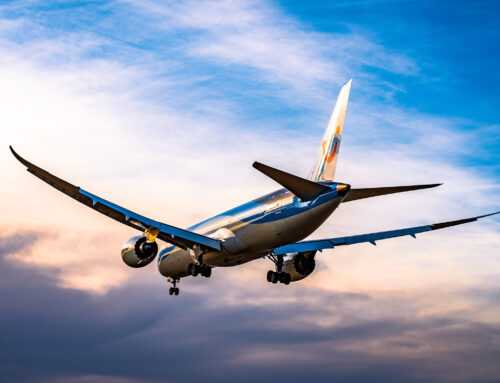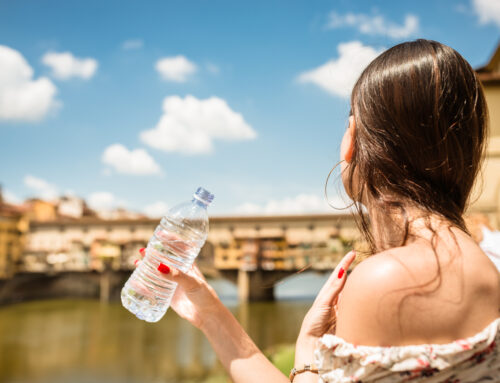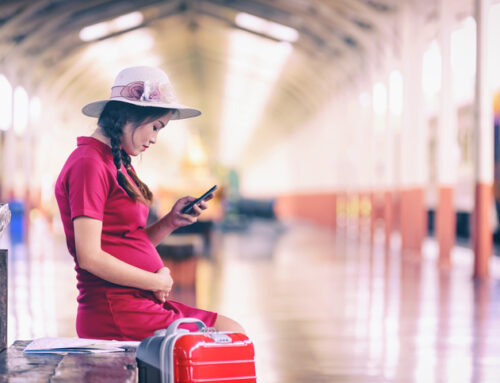Avoid water-borne diseases
Water-borne diseases such as traveller’s diarrhoea, typhoid, hepatitis A and cholera are a worry for many travellers. Most cases are little more than a temporary inconvenience to a healthy traveller, but some infections can result in serious illness or even death. Your travel health adviser may recommend some shots – for example, the hepatitis A vaccine – during your travel health appointment.
Water-borne disease: a definition
Any disease caused by a microorganism transmitted in fresh water is described as ‘water-borne’. You can catch a water-borne disease from drinking, swimming or washing or while preparing or eating food.
What are some common water-borne diseases?
- Campylobacter
- Cholera
- Cryptosporidium
- Dysentery
- Giardia
- Hepatitis A
- Hepatitis E
- Salmonella
- Travellers’ diarrhoea
- Typhoid
- Polio
Certain groups are particularly at risk, including older travellers and very young children, anyone whose immune system is compromised and people taking medication to reduce stomach acid.
How can I protect myself from water-borne diseases?
Some travellers have good habits that reduce their risk of getting a water-borne disease such as giardia or hepatitis.
Assess the risk of water-borne diseases
Check the International Association for Medical Assistance to Travellers or a local source to see whether the country you are visiting has a water supply that is safe for you to drink. If it is not safe, think about what steps you want to take to protect yourself from water-borne diseases.
Swim safely
Before swimming ask a local person for advice about whether the water is safe. Respect ‘no bathing’ signs, and try not to swallow or inhale water. A place where other people are bathing is often safe, but this is no guarantee and you should ask questions and make up your own mind.
Get immunised against water-borne diseases
You can get protection from water-borne diseases by getting the hepatitis A vaccine, and also getting vaccinated against cholera, polio and typhoid.
See a travel health adviser six to eight weeks before you leave and find out if these shots are right for you. Even if you think you’ve left it too late, NX Travel Health Clinics will still be able to help with a hepatitis A vaccine dose, so make an appointment today with NX Travel Health Clinics.
Use safe water sources
If tap water is not considered safe for drinking, think about how you will source safe drinking water. Don’t forget that you will need drinking water to clean your teeth. In a hot or dry climate you will drink more than you do at home. It is important to stay hydrated to protect your health, and ‘drink less’ is not a good way to avoid water-borne diseases.
Bring a water bottle with you so that you can easily carry drinkable water – but it is important to keep it clean.
It is generally safe to drink hot tea as it is made with boiling water, and this is a good option if you visit someone’s house.
Freezing does not kill microorganisms and this means that ice can carry diseases. It is best avoided unless you know for sure it has been made with safe water.
Where can I get safe water?
These are some sources of safe water:
- Bottled water is generally safe the world over, as are all drinks in factory-sealed bottles – but look out for sneaky refills and always check the cap is sealed. In some parts of Africa you can buy filtered water in bags. Be sure to take local advice about trusted vendors. Plastic water bottles are a major cause of littering in some countries and good travellers should avoid contributing to this.
- Purifying water is particularly attractive if you are travelling to a remote area or if you know the local infrastructure is not working well. There are several methods: boiling, halogens (such as Puritabs), salt electrolysis, filtration, and ultraviolet (UV) radiation. To learn more about these water purification techniques and the equipment you will need for each visit NHS Fit for Travel. Pick up gear for making water safe from camping shops and you can buy water sterilisation tablets from a pharmacy.
Practise good hygiene
Good personal hygiene will protect you from many disease-causing organisms. Wash your hands before you eat or cook. And always wash your hands after using the toilet. It is worth carrying sanitising gel or alcohol wipes so that you can do a quick clean-up in places where there are no handwash facilities.
Check that dishes, drinking vessels, cutlery and utensils are clean before you use them. Alcohol wipes are useful for this. You should also take care with food hygiene when travelling, too.
More questions about safe drinking water while travelling?
As you can see, there are steps you can take to reduce the risk of contracting a water-borne disease. This includes getting the hepatitis A vaccine, and by informing yourself about the risks you can decide which steps are right for you. Your travel health adviser can give you more tips, so if you have any questions, have them ready for your appointment.




